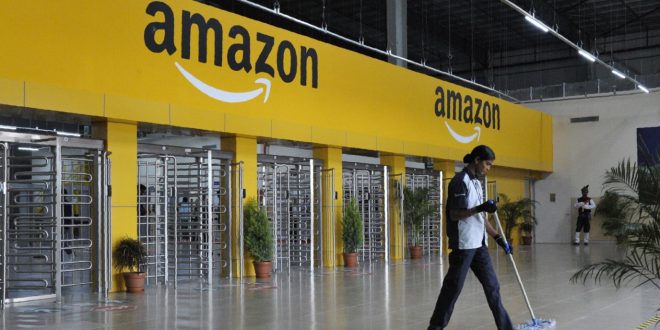In a report released on Tuesday, research group Fairwork India slammed Ola, Uber, Dunzo, PharmEasy, and Amazon Flex, claiming that the companies received a failing grade in its evaluation of whether they provided fair working conditions for its gig employees.
The research initiative, which involved partners at the University of Oxford, claimed that the aforementioned businesses did not offer its gig workers proper compensation, contracts, management, representation, or working conditions.
The company looked at 12 companies and gave unicorn Urban Company a score of seven out of ten. Online grocer Bigbasket received six, while Swiggy and Flipkart each received five, Zomato received four, Zepto received two, and Tiger Global-backed delivery company Porter received one.
According to Fairwork India’s fourth annual report, “This year, only Bigbasket, Flipkart, and Urban Company were awarded the first point because of the public promises they have made to paying workers at least the hourly local minimum wage after factoring in work-related expenditures.”
Bigbasket and Urban Company have made this operational by pledging to pay the difference between an employee’s hourly earnings and the local minimum wage after expenses. Both Flipkart and Urban Company have pledged to base their employee pricing on the local minimum pay after costs, calculated on an hourly basis. According to the article, Flipkart has also taken action to require the same level of commitment from its third-party service suppliers.
Workers in the gig economy, whose involvement in the labor force has grown dramatically in recent years, do not receive the extensive employee benefits, such as health insurance. According to many experts, the companies using these workers’ services are abusing them while reducing corporate liability.
“The digital platform economy’s promise of flexibility generates as many concerns about livelihoods as it does opportunities. According to the team’s principal investigators, Professors Balaji Parthasarathy and Janaki Srinivasan, “We hope the Fairwork report serves as the foundation for an interpretation of flexibility that allows for not only the adaptability that platforms seek but also the income and social security that workers lack.”
You can read the full-report here (PDF).
 Tech Gadget Central Latest Tech News and Reviews
Tech Gadget Central Latest Tech News and Reviews




